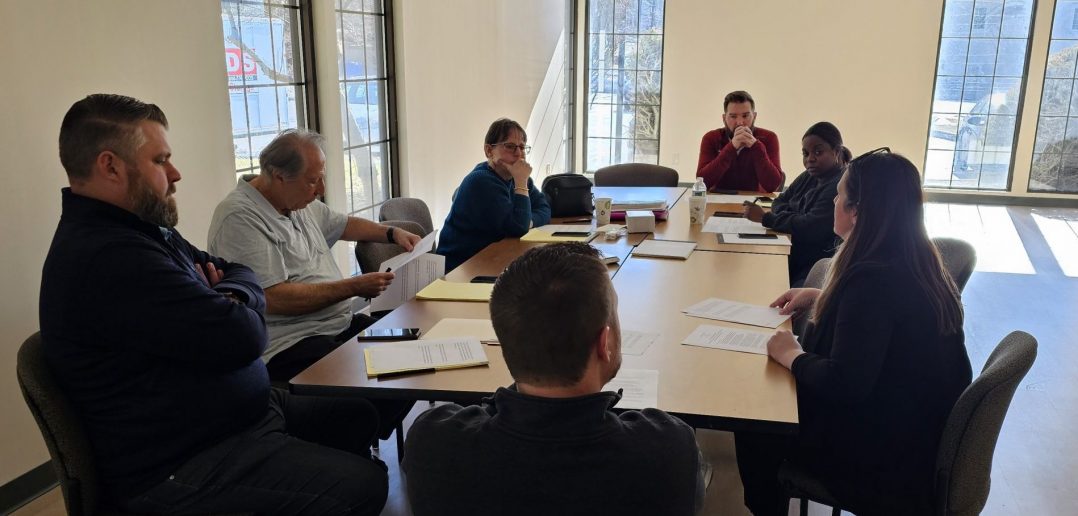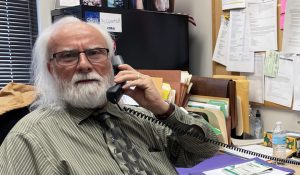Our union used several methods of communication during the recent wildcat strikes to ensure members working at state Department of Corrections and Community Supervision (DOCCS) facilities received updates from CSEA.
In addition to modern forms of electronic outreach, staff at our union’s Southern and Central Region offices picked up the phone and started dialing. Over two days, they called more than 800 CSEA members from DOCCS locals.
Unlike phone banking that often supports our endorsed political candidates, there was no specific request attached to these calls. Staff were simply checking in, answering questions, and reminding members of the resources available through our union.
“What we saw was our union prioritizing personal contact over relying solely on social media or email,” said Southern Region President Anthony Adamo. “While some calls went to voicemail, the outreach resulted in a lot of good conversations and was well-received.
For members who might not have regular contact with CSEA beyond their local, it was a great opportunity to remind them that they have a large organization with vast resources advocating on their behalf.”
Adamo praised Southern Region Director Kate Fitzpatrick and labor relations specialists making the calls, noting that the proactive outreach allowed members to receive immediate answers to questions they might have hesitated to ask. It also gave members a chance to provide feedback, which staff relayed to CSEA’s State Operations Department.
Jeffrey Colburn, a Central Region labor relations specialist and former Madison County Unit president, helped make the wellness calls in the Central Region and was pleased with the outcome.
“It went very well. As usual, there were some bad phone numbers and times when we had to leave a voicemail, but the people I talked to were appreciative of the call and happy to hear from us,” Colburn said.
Members are encouraged to keep their contact information up to date by using the MyCSEA app or filling out a contact update form.
Colburn noted that some members expressed interest in state contract negotiations. Although negotiations aren’t happening in the immediate future, he encouraged them to reach out to their local president and share their thoughts.
While phone banking may seem old-fashioned to some people, the positive feedback was a reminder of the importance of one-on-one conversations with members — especially at worksites like DOCCS locations, where security measures can limit worksite accessibility.
“My hope is that we can harness this as a tool for member engagement,” said Adamo. “Sometimes, we overthink how we communicate and feel we have to rely on large-scale campaigns, when in fact, these smaller, targeted efforts mean more to people.”
— Jessica Ladlee and Nicholas Newcomb




